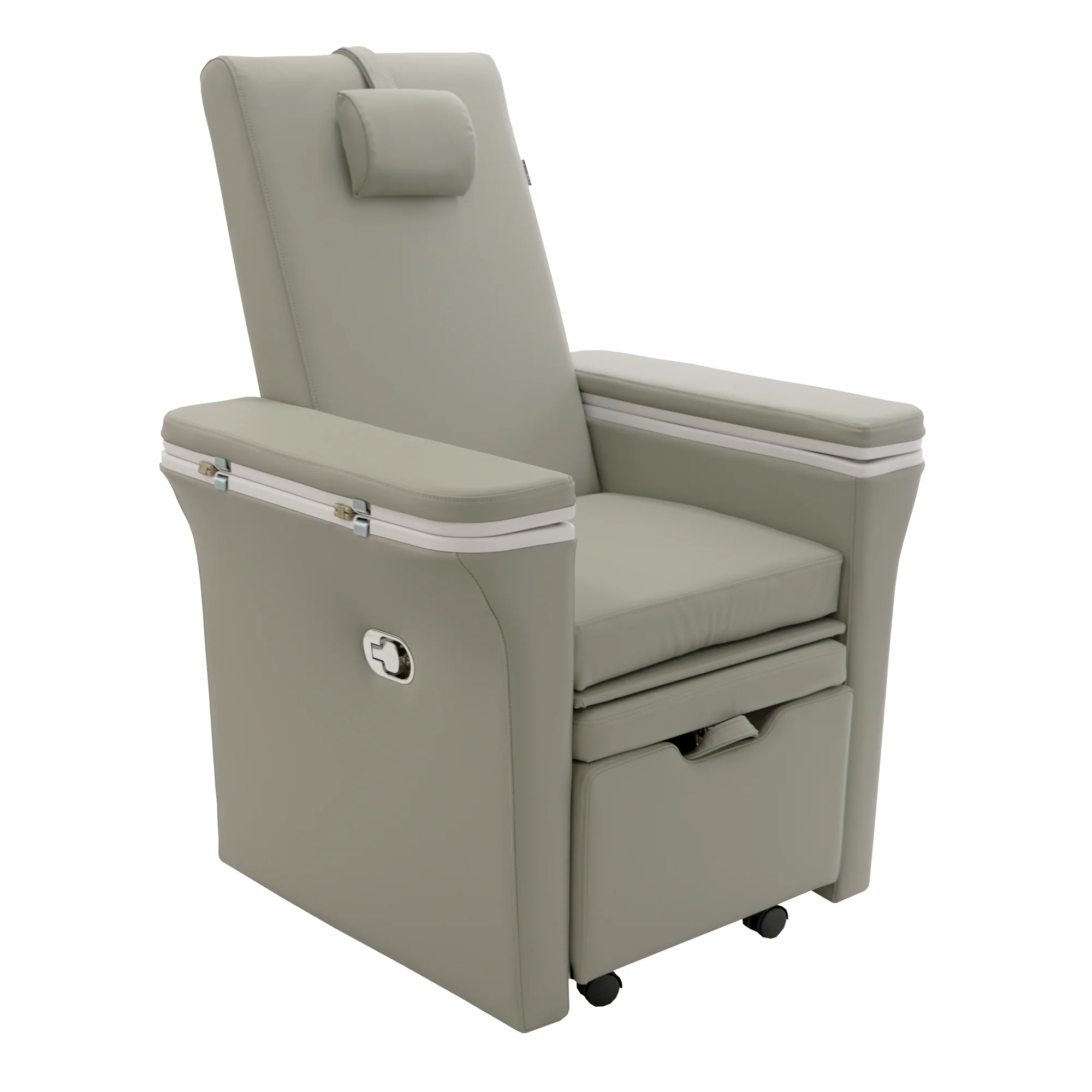The Critical Role of Industrial Hygiene Consulting
In industries where hazardous exposures are a daily reality, managing and controlling these risks is paramount to protecting worker health and maintaining operational integrity. One of the most effective ways to achieve this is through professional industrial hygiene consulting. These specialized services focus on identifying, evaluating, and controlling exposure risks in the workplace, ensuring that companies remain compliant with regulations while safeguarding their workforce.
Particularly in sensitive environments such as food manufacturing, the integration of food processing safety solutions alongside industrial hygiene practices is essential. Controlling exposure risks is not only a matter of worker safety but also of product integrity and consumer protection. Proper industrial hygiene consulting can detect invisible hazards that traditional safety inspections might miss, making it a cornerstone of any comprehensive safety strategy.
How Industrial Hygiene Consulting Mitigates Exposure Risks
The process of industrial hygiene consulting begins with a thorough assessment of the work environment. Consultants analyze chemical, biological, physical, and ergonomic risks that workers may encounter. Using scientific measurement tools and exposure monitoring technologies, they provide detailed data on the types and levels of hazards present.
In the food industry, this practice is closely tied to food processing safety solutions, which aim to prevent contamination and ensure hygienic conditions throughout the production cycle. Industrial hygienists work to control airborne contaminants, chemical residues, and microbial risks that could jeopardize both employee health and food safety standards.
By leveraging these combined approaches, companies can implement targeted controls such as improved ventilation, personal protective equipment, and safe handling protocols. This proactive management of exposure risks significantly reduces workplace illnesses and contributes to a safer food processing environment.
Specialized Food Processing Safety Solutions
The intersection of industrial hygiene consulting and food processing safety solutions is critical in addressing the unique challenges faced by the food industry. Contamination risks in food processing plants can arise from various sources, including airborne particles, chemical sanitizers, and allergenic substances. Industrial hygienists trained in food safety principles apply their expertise to monitor and minimize these hazards.
These specialized food processing safety solutions often include environmental monitoring programs that track microbial presence, allergen control systems, and sanitation process evaluations. Industrial hygiene consultants design these programs to align with regulatory requirements such as FDA guidelines and industry best practices.
The result is a comprehensive safety net that not only protects workers from harmful exposures but also prevents product contamination, reducing the likelihood of costly recalls and protecting brand reputation.
The Integration of Industrial Hygiene and Food Safety
Effective risk control requires seamless integration between industrial hygiene consulting and food processing safety solutions. This collaboration ensures that exposure risks are managed holistically rather than in isolation. For instance, an industrial hygiene assessment might identify airborne particulate hazards, which can then be addressed through food safety protocols to prevent contamination of products.

This integrated approach allows companies to develop customized safety programs that consider both worker health and product quality. Industrial hygiene experts and food safety professionals often work together to create training materials, standard operating procedures, and emergency response plans that address the full spectrum of exposure risks.
By combining their expertise, they enhance the overall safety culture within food processing facilities, fostering environments where both employees and consumers are protected.
Proactive Exposure Risk Management
A major benefit of engaging in industrial hygiene consulting is the shift from reactive to proactive exposure risk management. Rather than responding to incidents after they occur, companies can identify potential hazards early and implement controls that prevent exposures from happening in the first place.
Incorporating food processing safety solutions into this proactive strategy strengthens its effectiveness. Continuous monitoring and regular reassessments ensure that control measures remain adequate as production processes evolve or new hazards emerge. This dynamic management reduces downtime, limits health-related absences, and sustains compliance with regulatory bodies.
Moreover, proactive exposure control demonstrates a company’s commitment to worker welfare and public health, which can improve employee morale and customer trust.
Compliance and Operational Benefits
Navigating regulatory requirements is a complex task, especially in industries with high exposure risks. Professional industrial hygiene consulting helps businesses meet and exceed standards set by OSHA, FDA, and other regulatory agencies. This compliance is vital for avoiding penalties and legal liabilities.
When combined with food processing safety solutions, companies gain an operational advantage by minimizing disruptions caused by safety incidents or recalls. Industrial hygiene consultants assist with documentation, training, and audit preparation, making regulatory processes smoother and more transparent.
Additionally, the data collected through hygiene and food safety assessments provides valuable insights that can be used to optimize workflows and improve efficiency without compromising safety.
Building a Culture of Safety through Expert Consulting
Beyond the technical aspects of hazard control, industrial hygiene consulting plays a crucial role in cultivating a culture of safety. This cultural shift is reinforced through employee education and engagement in food processing safety solutions that highlight the importance of exposure risk awareness.
Consultants help organizations develop training programs that empower workers to recognize hazards and participate in safety practices actively. This involvement fosters a sense of responsibility and vigilance that strengthens overall risk management.
As a result, companies not only control exposures more effectively but also create a workplace environment where safety is valued and prioritized by everyone.
Conclusion
Controlling exposure risks through expert industrial hygiene consulting is essential for industries where worker safety and product quality are intertwined, particularly in food manufacturing. The integration of food processing safety solutions ensures a comprehensive approach that protects employees, consumers, and businesses alike.
By investing in professional consulting services, companies can proactively identify hazards, implement effective controls, maintain regulatory compliance, and foster a strong safety culture. This holistic strategy is the key to minimizing exposure risks and ensuring long-term success in today’s demanding industrial environments.




